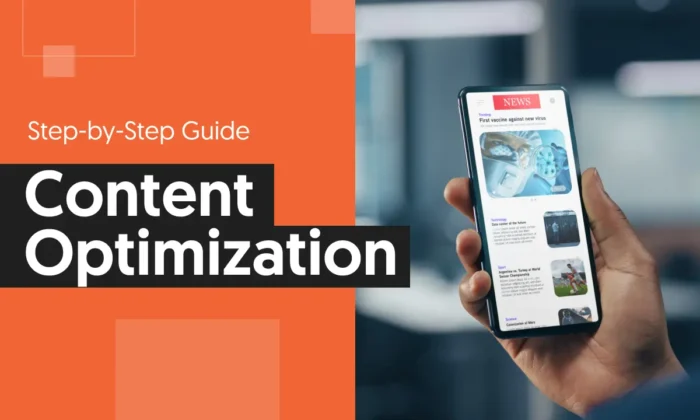Generative Engine Optimization framework introduced in new research

Adding relevant statistics, quotations and citations can boost content visibility in generative engines by up to 40%, according to a recent research paper.
That finding comes from a paper titled GEO: Generative Engine Optimization. It is authored by researchers from Princeton, Georgia Tech, The Allen Institute of AI and IIT Delhi.
What is Generative Engine Optimization (GEO). GEO is described in the paper as:
- “A novel paradigm to aid content creators in improving the visibility of their content in Generative Engine responses through a black-box optimization framework for optimizing and defining visibility metrics. We facilitate systematic evaluation in this new paradigm by introducing GEO-bench, a benchmark of diverse user queries across multiple domains, coupled with sources required to answer these queries.”
Tested techniques. Nine optimization tactics were tested across 10,000 search queries on something that “closely resembles the design of BingChat”:
- Authoritative: Content was modified to be more persuasive while making authoritative claims.
- Keyword Stuffing: More keywords were added to match the query.
- Statistics Addition: Quantitative statistics were added, instead of qualitative discussion.
- Cite Sources: Relevant citations were added.
- Quotation Addition: Quotations from credible sources were added.
- Easy-to-Understand: Simplified the language.
- Fluency Optimization: Improved the fluency.
- Unique Words: Added to content wherever possible.
- Technical Terms: Added to content wherever possible.
The search query data set was compiled from Google, Microsoft Bing, Perplexity.AI Discover, GPT-4 and other sources.
Topic-specific optimization. The report said:
- “Overall, our analysis suggests that website owners should strive towards making domain-specific targeted adjustments to their websites for higher visibility.”
For example, adding citations increased visibility for Facts, while focusing on Authoritative optimizations improved performance in the Debate and History categories.
To be clear, when the paper discusses “domains” it’s talking more about broad categories, not an online domain name. This would also be true in SEO – specific optimizations are different in healthcare versus payday loans.
Among the “domains” mentioned in the paper:
- Business
- Debate
- Explanation
- Facts
- History
- Opinion
- People & Society
- Law & Government
- Science
- Statement
Leveling the playing field? GEO could help smaller websites ranking lower in SERPs, according to the researchers:
- “Interestingly, websites that are ranked lower in SERP, which typically struggle to gain visibility, benefit significantly more from GEO than those ranked higher. … For instance, the Cite Sources method led to a substantial 115.1% increase in visibility for websites ranked fifth in SERP, while on average the visibility of the top-ranked website decreased by 30.3%.”
Why we care. With the emergence of Google’s Search Generative Experience, Bing Copilot (formerly Bing Chat) and other AI-powered search engines, now is a crucial time to test and learn what helps content gain visibility. Because the things that work in SEO won’t necessarily work in the new world of GEO.
But. While this paper is an interesting read, these are not real world results (the researchers tested a subset of the results via Perplexity, but Perplexity is not Google). Following the paper’s framework won’t guarantee success or greater visibility in Google’s AI experience. Testing is heavily encouraged, however.
More on LLM optimization. Search Engine Land contributor Olaf Kopp recently dove into the topic of generative AI optimization in LLM optimization: Can you influence generative AI outputs?
The paper. You can download it here.
Source link : Searchengineland.com



